Introduction
In the summer of 2022, Haitians in Tech embarked on a groundbreaking project with over ten high school interns to develop a participatory budget using data from the Haitian federal budget. This initiative not only provided valuable learning experiences but also laid the groundwork for a significant shift in how budgeting can be approached in Haiti, especially at the local level.
What is Participatory Budgeting?
Participatory budgeting is a democratic process in which community members decide how to allocate part of a public budget. This approach allows citizens to identify, discuss, and prioritize public spending projects and gives them the power to make real decisions about how money is spent. Originating in Porto Alegre, Brazil, in 1989, this concept has since spread globally, transforming the way cities and communities engage with their budgets.
The History and Global Use-Cases
The success in Porto Alegre, where participatory budgeting helped reduce extreme poverty and improved public services, has inspired many other cities worldwide. From Europe to North America, municipalities have adopted this approach, leading to more transparent, inclusive, and effective budgeting processes.
Application in Haiti
In Haiti, implementing participatory budgeting at the local level could revolutionize the relationship between citizens and their government. By involving community members in budget decisions, local governments can ensure that the allocated funds directly address the community’s most pressing needs. This process can foster a greater sense of ownership and accountability among citizens, leading to more effective and sustainable development.
Haitians in Tech’s Initiative
The project by Haitians in Tech serves as a foundational model for participatory budgeting in Haiti. By involving high school interns in creating a participatory budget, the initiative not only educates young people about governance but also empowers them to take an active role in their community’s development. The GitHub repository of this project (https://github.com/haitiansintech/Haitians-In-tech-People-Budget) can be used as a resource and starting point for other communities in Haiti, and in the Haitian diaspora to develop their participatory budgeting processes.
Conclusion
Participatory budgeting represents a significant step towards more democratic and responsive governance in Haiti. The work done by Haitians in Tech and its interns is a commendable start in this direction, offering a blueprint that can be refined and expanded. By continuing to engage communities in the budgeting process, Haiti can create a more equitable, transparent, and community-driven approach to public spending, ultimately leading to more effective and impactful development outcomes.




